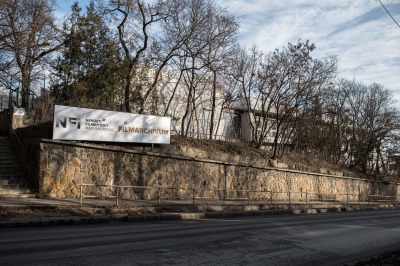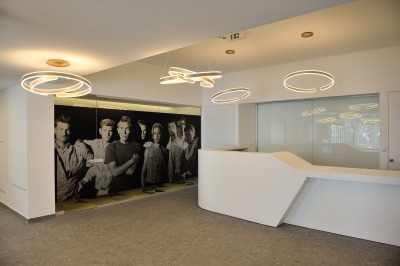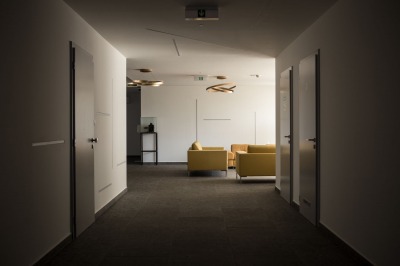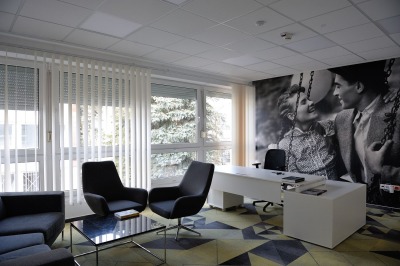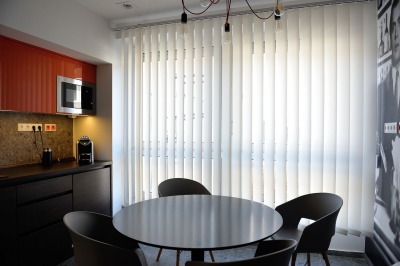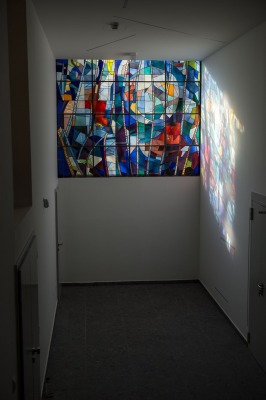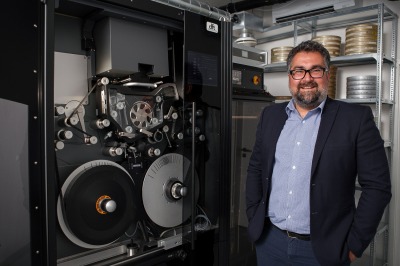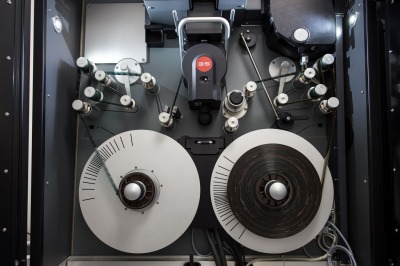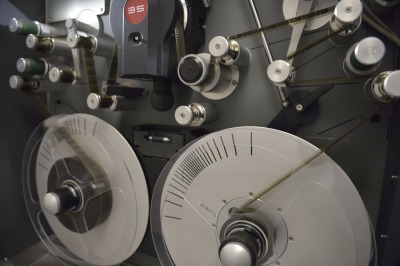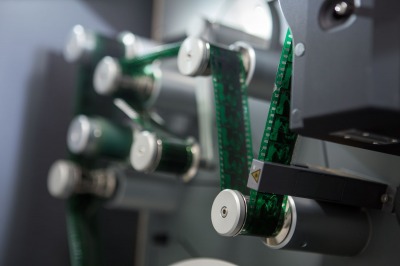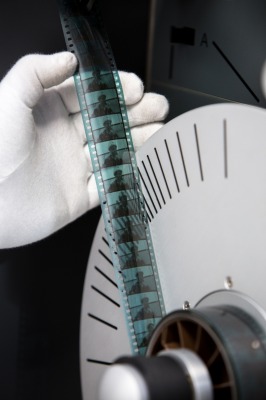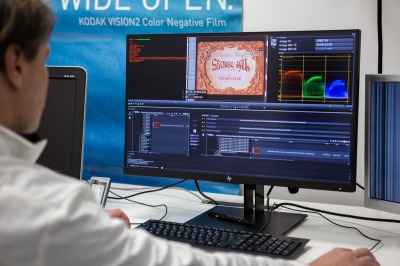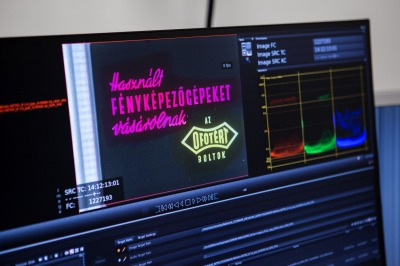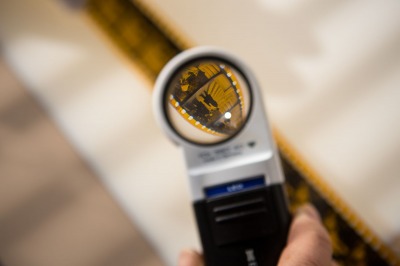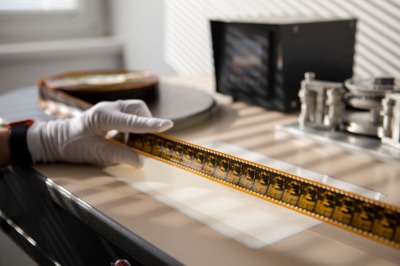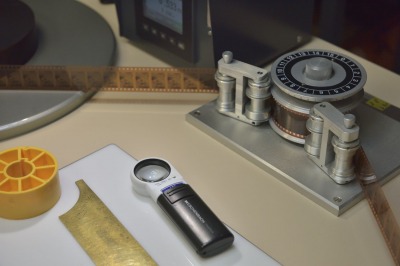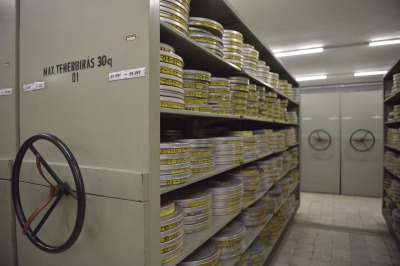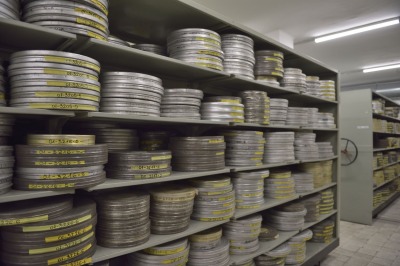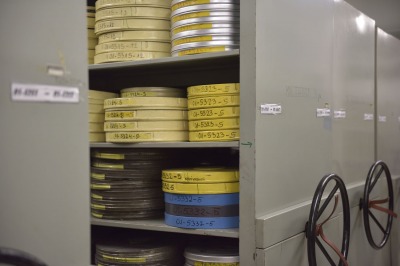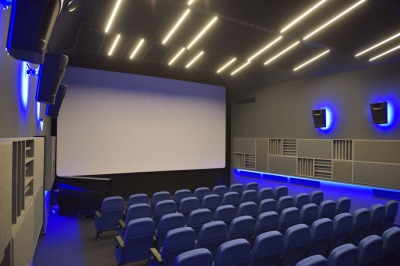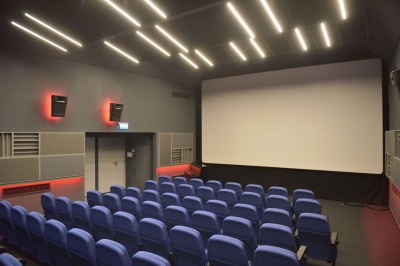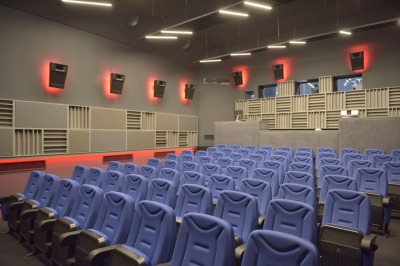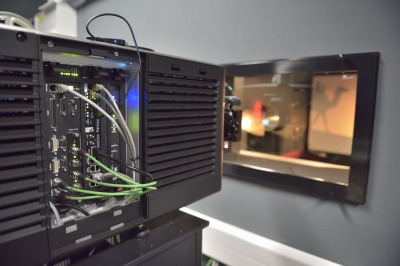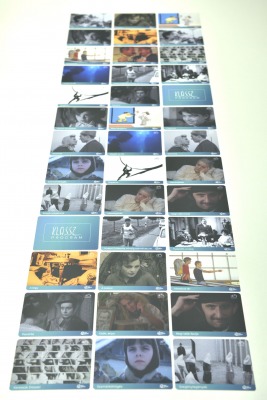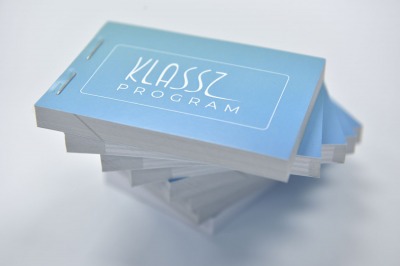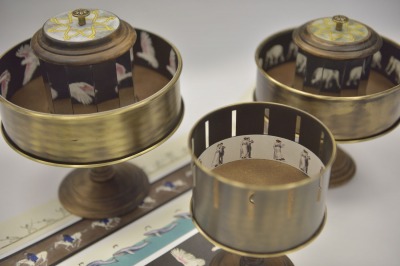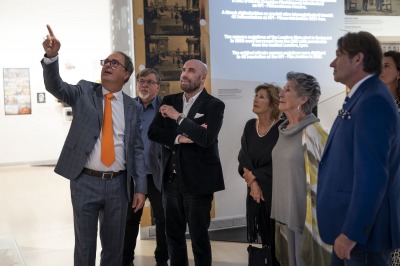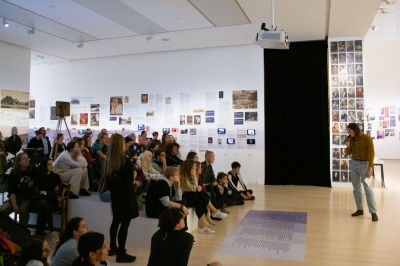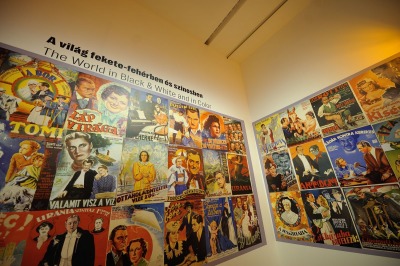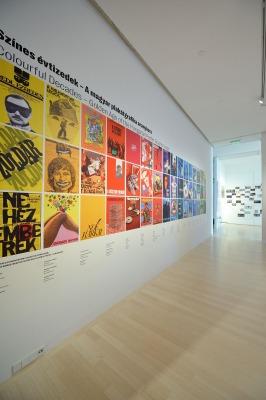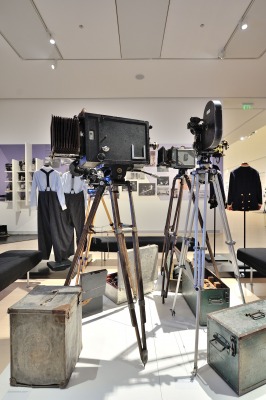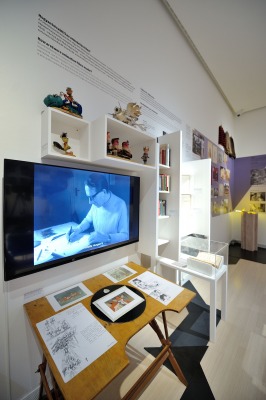The mission of the National Film Institute is to contribute to the production of Hungarian films or co-productions that provide art and entertainment for audiences on all platforms and bring significant success both domestically and at an international level. The NFI operates through its departments, covering the diverse fields of the industry, including the funding schemes, NFI Studios, NFI Filmlab, NFI Film Archive, and Training departments.
The NFI provides financial and professional support for script development, pre-production and production of full-length feature films, documentaries and animated movies for theatrical release, as well as for television productions (TV films, serial formats, shorts, documentaries, animations). Distributors can apply for non-refundable marketing support for Hungarian releases of films supported by the Institute.
The International Department, including NFI World Sales, handles festival and sales activity for Hungarian films. The representation of Eurimages operates under the umbrella of the NFI, in order to strengthen the ties of the Hungarian film industry with neighbouring countries and with the aim of contributing to the European film culture.
National Film Institute – Film Archive
The Hungarian film archive was established in 1957 as the Institute of Theatre and Film Science. Ever since that date, under various names, it has gone about the work of collecting, protecting and making accessible the film heritage of Hungary. Since 2017, the National Film Archive has operated in the frame of the National Film Institute.
Today, the National Film Institute – Film Archive is the proud holder of more than 70,000 motion pictures. The collection of the Film Archive also includes great legacies such as the national newsreel heritage, the collection of Studio Balázs Béla (widely known in Europe’s art movie network), the complete archive of MAHIR, the state-owned Hungarian advertising agency, and the great works of the world-famous animation studio, Pannónia. In addition, the Archive has its own library and a unique collection of photos, film posters, costume and set designs.
In 2017, the National Film Digitization and Film Restoration Program, the long-term program to digitally restore the national film heritage, was launched. Within the framework of the program and through the coordinated work of the Film Archive and Filmlab, between 25-30 Hungarian feature films are restored annually under the professional guidance of the Film Archive, in collaboration with the Hungarian Society of Cinematographers (HSC) and the involvement of artists and technicians. The digitization of the complete Hungarian newsreel collection was achieved and all the survived newsreels made between 1913 and 1992 has been openly shared online on the website www.filmhiradokonline.hu.
As a member of FIAF, the Archive places great emphasis on international cooperation. The renewed National Film Institute – Film Archive runs an annual film heritage festival, Budapest Classics Film Marathon.
The year 2021 was the 120th anniversary year of the Hungarian Cinema. For its celebration a big scale exhibition was held about the Hungarian film history in the prestigious Ludwig Museum in Budapest. The NFI has taken steps towards completing a major project: the establishment of a modern Film Museum//Cinematheque in Budapest.
In 2021, the Film Archive launched its International Hungarica Film Research Program ambitioning to find the lost Hungarian films and published a 120 Most Wanted list that has been shared in the FIAF community resulting already the identification of numerous elements in divers collections in Europe and America.
1961 FIAF Congress in Budapest
National Film Institute – Filmlab
Filmlab has been providing post-production services for over 60 years. Numerous award-winning Hungarian and international films completed at its facility attest to the reliability and professionality of our team. Filmlab combines purely digital procedures with digital intermediate and traditional laboratory services in a well synchronized system, and it offers a full range of on-set and studio services for the shooting period, for all kinds of camera formats.
In the laboratory department, 16 and 35 mm, colour and black and white negative processing is available, as well as the production of 35 mm prints. Filmlab has handled the analogue and digital restoration of hundreds of classics, and worked on, for instance, Son of Saul (Cannes Grand Prix, Golden Globe, Oscar) and On Body and Soul (Berlinale Golden Bear).
The collaborative and successful work between the National Film Institute Hungary, Film Archive and Filmlab has a long history. In the past couple of years, for example, restored versions of The Undesirable by Michael Curtiz dating from 1914, the epoch-making The Round-Up by Miklós Jancsó, the Golden Camera winning My 20th Century of Ildikó Enyedi and the ageless classic Love by Károly Makk were presented in Cannes and Berlinale Classics programs or in Bologna and Pordenone Film Festivals.
The Filmlab is continously working on digitization and restoration with numerous Film Archives from all around the globe.

































